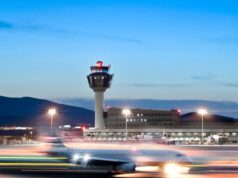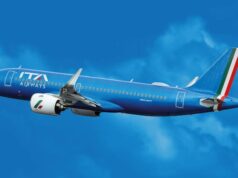 Europe’s regional communities, their economic stability and the complexities of consumer choice appear to have been forgotten in this week’s study published by the European Commission on a possible revision of the current EU Slot Allocation Regulation at EU airports, says the European Regions Airline Association (ERA).
Europe’s regional communities, their economic stability and the complexities of consumer choice appear to have been forgotten in this week’s study published by the European Commission on a possible revision of the current EU Slot Allocation Regulation at EU airports, says the European Regions Airline Association (ERA).
The report, undertaken by Steer Davies Gleave, recognises that “European regions are losing direct links to some of the most congested airports”. However, it goes on to suggest that a “sub optimal” use of capacity is occurring at congested airports as a significant proportion of slots are being used by small aircraft. The report also suggests that new capacity introduced by airports should be allocated to airlines by auction and that the most economically efficient use of airport capacity is to use the largest aircraft possible. However, this does not take into account the needs of citizens who live in Europe’s regions, who require vital connections to congested airports but where larger aircraft would not be economically viable.
ERA is appalled that, in a matter of such fundamental importance, no detailed evaluations appear to have been undertaken of the damaging social and economic effects on citizens and air carriers that would no longer be able to connect between regional airports and major European hubs or to provide citizens with a choice of transport modes.
Commenting on the publication of the study, Mike Ambrose, Director General of ERA commented: “the EC needs to understand that changes to the EU Slot Allocation Regulation have the potential to destabilise air transport within Europe and isolate the regional communities served by ERA’s members. The Commission should focus much more effort on delivering new airport capacity rather than considering changes to a Regulation that will simply price regional airlines and the communities they serve out of the market. This report is bad news for the great majority of Europe’s citizens, their businesses and social well-being.”











